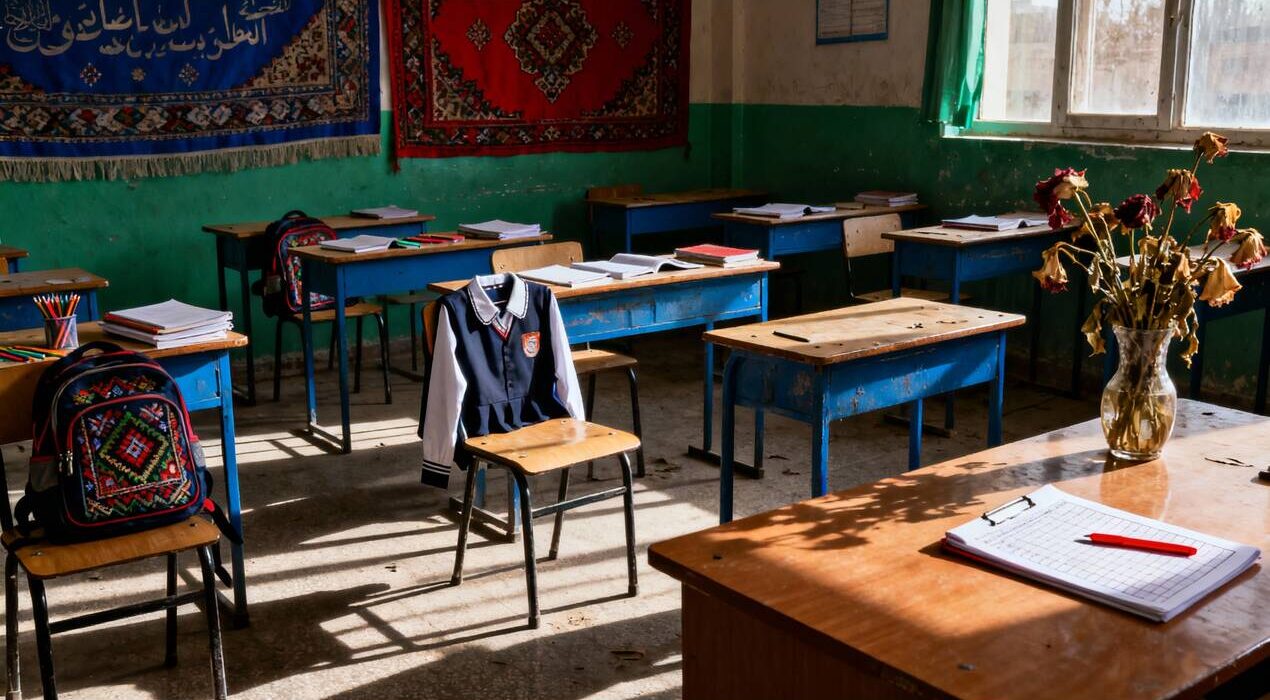Teachers in Afghanistan are raising alarms about the growing anxiety and depression among sixth-grade girls, who fear they may be forced to abandon education after graduation. Many describe students as deeply worried about their future, with this uncertainty eroding their motivation and hope.
Educators told Hasht-e Subh Daily that families share these fears, often approaching schools to express concern over their daughters’ mental health. Teacher Zarghona Mohammadi explained that isolation at home has worsened the psychological struggles of many girls. She highlighted two students whose depression has become so severe that they faint during lessons, with families pleading for help to “give them hope.”
Students themselves echo this despair. Twelve-year-old “Firoza Rahimi” said she feels heartbroken realizing she has no future. “Sometimes I think I should study, but when I pick up a book, I say to myself, since I am not allowed to continue my education, why should I tire myself out?” She once dreamed of becoming a teacher or doctor but now sees every path blocked.
Psychologists warn that depriving children of education during their formative years increases risks of anxiety, depression, aggression, and long-term mental disorders. “At this age, children are forming their identities,” psychologist Rizwana Rahimi explained. “When this opportunity is taken away, it is as if a part of their being is ignored.”
Still, some teachers note the resilience of students who continue working hard despite the restrictions, showing abilities far beyond their grade level.
Since the Taliban’s takeover, schools and universities have been closed to girls, leaving over two million without access to education. Reports from Save the Children and UN Women stress that this exclusion fuels poverty and child marriage. The recent shutdown of fiber-optic internet has further cut off opportunities for online learning.
Key Phrase:
Meta Description:
Afghan Girls Face Rising Depression Amid Education Ban, Teachers Warn






